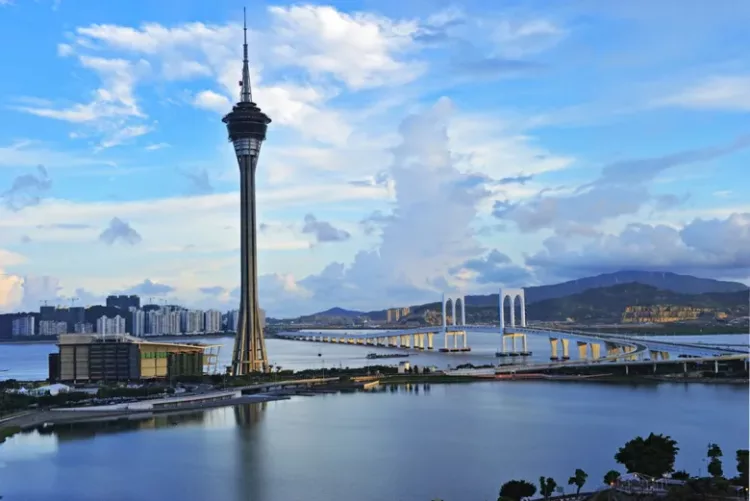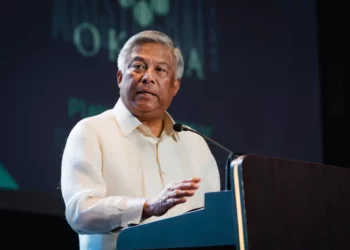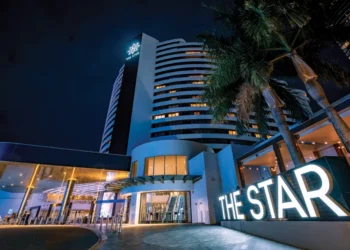The Macau Legislative Assembly (AL) passed its first reading of the draft bill on amendments to Macau’s gaming law on Monday.
The draft bill, titled, “Amendment to Law No. 16/2001 – Legal framework for the exploitation of games of chance in casinos”, is now expected to be sent to the Standing Committee to start closed-door discussions after the Chinese New Year holiday, possibly in the second week of February 2022.
The Secretary for Economy and Finance, Lei Wai Nong, introduced the draft bill to the AL General Assembly for the public and legislators on Monday. He emphasized that development and promotion of non-gaming elements would play a significant role in the re-tendering ratings process.
“In order to select the best (concession candidates), we will set the criteria for non-gaming elements in the tender.” Lei said. “Gaming was the first visiting purpose of Macau’s visitor arrivals before 2016, however it changed to non-gaming elements such as shopping and accommodations after 2016.
“Thus, non-gaming elements of the future will be enhanced, enriched and diversified based on the social and market accumulation of the previous 20 years.”
Meanwhile, since the requirements for Corporate Social Responsibility (CSR) remain vague, the government plans to refine its directions and expectations around CSR initiatives in the tender. Bidding companies will be asked to put forward their CSR proposals and the government will also outline its best ideas before the parties come together to negotiate and make any relevant adjustments to the requirements.
One key area of concern remains the government’s plan to overhaul Macau’s satellite casino system by requiring all gaming areas to be located in a property owned by a concessionaire within three years of the gaming law amendments being passed. A number of legislators expressed their opposition to this plan, pointing to the 7,000 local workers who would be impacted and the fact that many satellite casino owners have significant bank loans.
Secretary Lei emphasized that the proposed law was not designed to “kill” or “prohibit” those satellite casinos but to restrict the operation of gaming areas to within gaming concessionaires’ properties. However, he did offer any reply to questions about what would happen to employees, acknowledging only that satellite casinos would be a controversial topic during discussions in the Standing Committee.
Legislator Angela Leong On Kei, Co-Chairman and Executive Director of SJM Holdings and owner of one of Macau’s satellite casinos at L’Arc Macau, asked the government to clarify details on increasing the minimum capital of each concessionaire from MOP$200 million (US$25 million) to MOP$5 billion (US$625 million). Lei explained that the increase in capital is necessary to ensure concessionaires always maintain a certain level of financial strength.



































